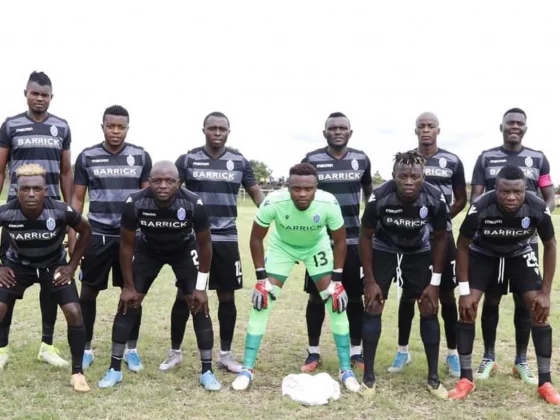THAT another life has been lost in Samfya, Luapula Province, is yet another reminder of the seriousness of the problem of human-animal conflict in such areas.
It is unfortunate that a journey that started happily for 37-year-old woman only identified as Kalenga ended tragically when a crocodile grabbed her and pulled her into the deep waters of Lake Kampolombo.
Kalenga and other women went to the edge of the lake, one of the smaller lakes forming the lager Lake Bangweulu, to fetch water.
But as she drew the water in the shallow waters, the reptile struck.
Her friends could only scream and watch helplessly as it dragged the victim, of Mwaba Village, deeper into the lake.
Luapula Province Commissioner of Police Elias Chushi said the crocodile attacked and took away Kalenga in full view of her friends.
There was little the women could do against a determined crocodile which had already counted a meal.
Such deaths are common in Samfya and Chifunabuli districts where human beings and crocodiles have been competing for survival.
While it is difficult to completely stop such attacks it is possible to educate people to be careful when using the water bodies that are infested with predators such as crocodiles.
It is important for people living around such water bodies to be constantly on the lookout for the reptiles, which hunt close to human habitats during summer when there is less water in the lakes and lagoons.
There is a need for serious sensitisation of the people living near lakes and rivers to be aware that there has been a serious disturbance of the eco-balance that has forced the crocodiles to adapt.
Because of the depletion of fish stocks in these fisheries caused mainly by human activity including the use of destructive fishing methods and over-fishing there has been less food for the reptiles.
Animal scientists will attest that the crocodile is the most formidable hunter and master of adaptation among all the predators.
It is intelligent and is quick to adapt to changes in the geo-social environment for survival.
In Samfya, Chifunabuli and other areas where people live close to water bodies like lakes and rivers the crocodiles hunt far and wide in search of food.
And as a result of limited stocks of its traditional prey, which is fish, the beasts have adapted by hunting in shallow waters close to the shores and banks of the lakes and the rivers, respectively.
They will ponce on animals such as dogs and goats as their diet is highly diversified.
But since crocodiles are extremely opportunistic hunters they will lurk close to where they often see or expect human beings.
It is important for the residents of such areas to know that the reptiles are unable to tell the difference between an animal and a human being.
To them both are prey. In them they see only one thing – a meal.
Relevant government agencies should work with non-governmental organisations and traditional leaders to help the people know that the crocodile attacks have nothing to do with witchcraft or rituals.
This is because in many cases such deaths have been blamed on human beings who are accused of using witchcraft to turn into crocodiles to kill carefully marked human beings for ritual purposes.
Innocent people have been tortured and murdered in the most brutal manner after being fingered as responsible for a particular crocodile attack.
Relatives have turned on relatives, while those who seem to be leading better lives than most other members of the communities have also been victims.
This is unnecessary. Crocodiles are shrewd predators which know where to find weaker prey. They do not need any charms to find and pounce on human prey.





